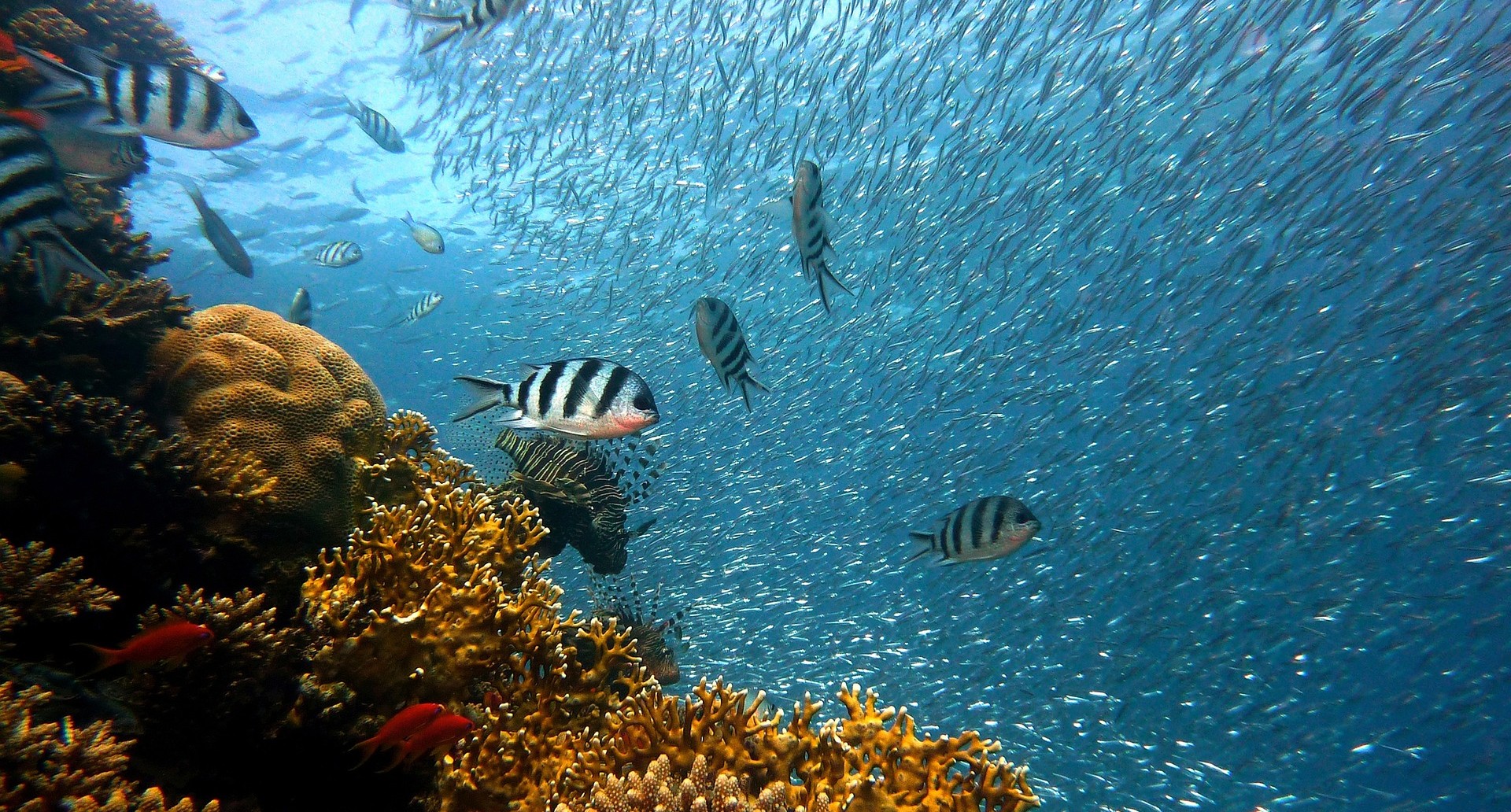World
Leading scientists redefine ‘sustainability’ to save the ocean and feed a hungry and warming planet

Top ocean experts have published a report that redefines the concept of “sustainable fishing” and proposes 11 “golden rules” that radically challenge the flawed approach that currently prevails in fisheries management.
Published a week before Brussels’ Ocean Week, and a few months before the UN Ocean Conference in Nice, the rules have been devised to put an end to the ongoing destruction of the oceans caused by fishing, and ensure the renewal of abundant fish populations to feed future generations.
They come at a time when scientists have drastically downgraded their assessment of the ocean’s health status.
The rules unfold according to two guiding principles that would revolutionise the way we “manage” the exploitation of the ocean: 1) fishing must minimise impacts on marine species and habitats, adapt to climate change, and enable the regeneration of depleted marine life and habitats; 2) fishing must support and enhance the health, wellbeing and resilience of people and communities – in particular, the most vulnerable among us – and not simply benefit corporations that tightly steer profits to owners and shareholders while leaving others to bear the costs.
Their work, entitled “Rethinking sustainability of marine fisheries for a fast-changing planet”, is published in Nature‘s scientific journal npj Ocean Sustainability.
This scientific endeavour has the ambition to serve as foundation for a complete reform of the appalling current mismanagement of the Earth’s largest common.
The scientists call on policymakers, retailers, fishers and industry leaders to embrace this new vision and commit to its implementation.
The urgent need to produce a new framework for the world’s fisheries
Today, fishing is globally recognised as the leading cause of ocean destruction.
The authors of the paper decided to work together over the course of years based on a shared consensus: the prevailing definition of “sustainable fishing” is dangerously flawed and leads to the ongoing depletion of marine species, the destruction of natural habitats and carbon sinks, as well as the disappearance of artisanal fishing communities around the world.
“The current concept of ‘sustainable fishing’, adopted by governments and private actors since the post-war period is scientifically obsolete,” said lead author Professor Callum Roberts, from the University of Exeter and chief scientist of the Convex Seascape Survey.
“It relies on a simplistic, productivist theory which assumes that as long as global catch volumes remain below a set limit, anyone can fish just about anything, anywhere, with any method.”
Professor Jennifer Jacquet, of the University of Miami, added: “Can we truly claim that all fishing gear is environmentally and socially equal? We currently label fisheries as sustainable without considering their impact on marine ecosystems or human factors, such as crew safety and rights.”
The scientists denounce an outdated approach to so-called sustainability, which overlooks crucial environmental, human and development factors.
Despite their widespread acceptance by industrial entities and consumers, current standards of “sustainability” fail to address the pressing global biodiversity and climate breakdown, and instead support high-capital industrial practices which benefit the Global North whilst they harm ecosystems and public finances, jeopardise artisanal fishing and food security, and threaten jobs.
This model further imperils humans’ universal right to a clean, healthy and sustainable ocean.
A comprehensive vision for the future of fisheries
Authors reached another consensus: fisheries must be managed in a way that minimises environmental harm and maximises social benefits in the context of a hungry and warming planet.
The group of leading ocean researchers have therefore developed a visionary approach to ocean exploitation, based on a comprehensive and interdisciplinary definition of “fisheries sustainability”, integrating insights from biology, oceanography, social sciences and economics.
By outlining golden rules (two principles and 11 key actions), their research marks a decisive turning point, providing economic stakeholders and political leaders with foundations for an urgent transition to a viable fishing model for long-term sustainability in a rapidly changing world.
A new path forward: endless fish supply and thriving ecosystems
The new framework envisions a world where fishing ensures abundant fish stocks for humanity’s long-term needs.
“Our work advocates for fisheries that preserve ocean ecosystems’ vital functions, mitigate climate change, guarantee food security and respect human rights,” said Professor Daniel Pauly, of the University of British Columbia.
This innovative approach recognises the social, ethical and ecological roles of fishing, proposing a systemic sustainable model enacted by market players, policymakers, and the legal system.
Professor Roberts added: “We must view fishing as a privilege rather than a right.
“Marine life is a public good that should both benefit society and nature, not be the object of a resource race driven by private gains.”
Their proposals are ambitious yet realistic, with most recommended actions rooted in proven successful practices.
The urgent call for action
The scientists urge policymakers, retailers and fishery managers to acknowledge the failings of current fishing practices and prioritize the adoption of the proposed golden rules.
Supermarkets – responsible for nearly two thirds of European seafood sales – play a pivotal role in this transition.
They can influence fishing practices through their sourcing policies, scrutinise “sustainability” labels, and address consumers’ growing concerns about the hidden impacts of their food.
“We are witnessing a growing disconnect between the widespread availability of supposedly sustainable fish products, the collapse of ocean ecosystems and the frequency of reported human rights’ abuses. Supermarkets must stop misleading consumers,” warned Pauline Bricault, BLOOM’s markets campaign lead.
“Both the IPCC and IPBES have set 2030 as a deadline for critical changes. Industry stakeholders have no more excuses, they must act now.”










